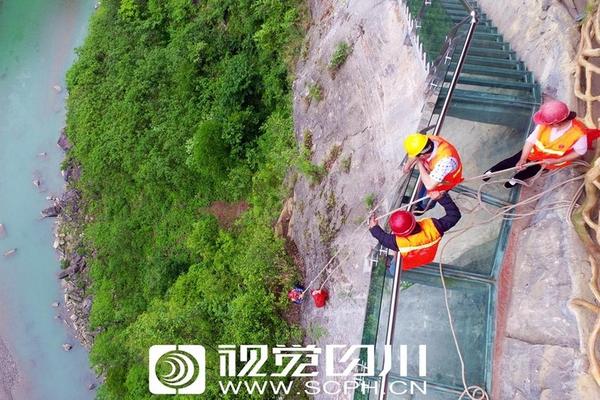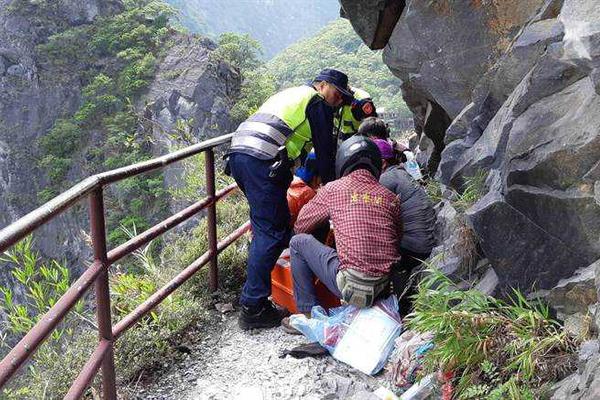In what looked like a bona fide hellscape,Sisters Slave waves of orange embers poured down a hillside and swept over Los Angeles' 210 freeway early Friday morning.
The footage, captured by KTLA News, is a vivid depiction of the extreme fire weather propelling flames and embers over Southern California's parched brushlands. Named the Saddleridge Fire, the vigorous blaze burned over 4,000 acres in the San Fernando Valley, destroyed an unknown number of homes, and resulted in 12,700 evacuations as of around 4:30 a.m. PT on Friday.
The video below shows an extreme, wind-driven fire event, with embers lofted into the air and carried downwind, where the sparks then ignite more flames. Called "ember spotting," it's an effective, often devastating way for wildfires to spread.
You May Also Like
Michael Gollner, a fire scientist at the University of Maryland's Department of Fire Protection Engineering, said this footage is one of the most intense incidences of ember spotting he's ever seen.
"The winds are so extreme you can see embers rolling along on the ground, going everywhere," Gollner said.
"Once something like this starts happening there is little we can do to stop it," he added.
This Tweet is currently unavailable. It might be loading or has been removed.
The deadliest fire in California history, the 2018 Camp Fire, spread rapidly from parched forests into the mountain town of Paradise when potent winds carried embers miles ahead of the blaze.
It's peak fire season in Southern California, as the region's notorious Santa Ana winds blow in from the eastern Great Basin Desert and rush down mountain slopes, fanning exceptionally dry winds over the land. Then, all that's needed is a spark.
"You don't need much to start it," said Gollner.
SEE ALSO: Scientists rushed to save lab specimens as California's PG&E cuts powerOf the 20 largest fires in Golden State history, 11 were human-caused, including four by failed powerlines. It's still unknown what sparked the Saddleridge Fire.
To avoid powerline-stoked fires, Southern California's major power utility, Southern California Edison, has so far cut off power to over 21,000 customers, or some 55,000 people. This pales compared to the intentional blackouts in Northern California, where PG&E cut electricity to some 2 million residents.
This Tweet is currently unavailable. It might be loading or has been removed.
On top of the expected blasts of autumn fire weather, California's modern wildfires have been given a climate-enhanced boost. It's getting warmer, which means increasingly ripe conditions for fires. Fires are "the interaction of weather, climate, and fuels [dried-out grasses and plants]. That’s just physics," John Bailey, a fire ecologist at Oregon State University, told Mashable earlier this year.
And these warming climes are having a dramatic influence on California fires. "This fire weather will probably be more common with climate change," said Gollner.
Since 1972, the amount of land burned in California has increased fivefold.









